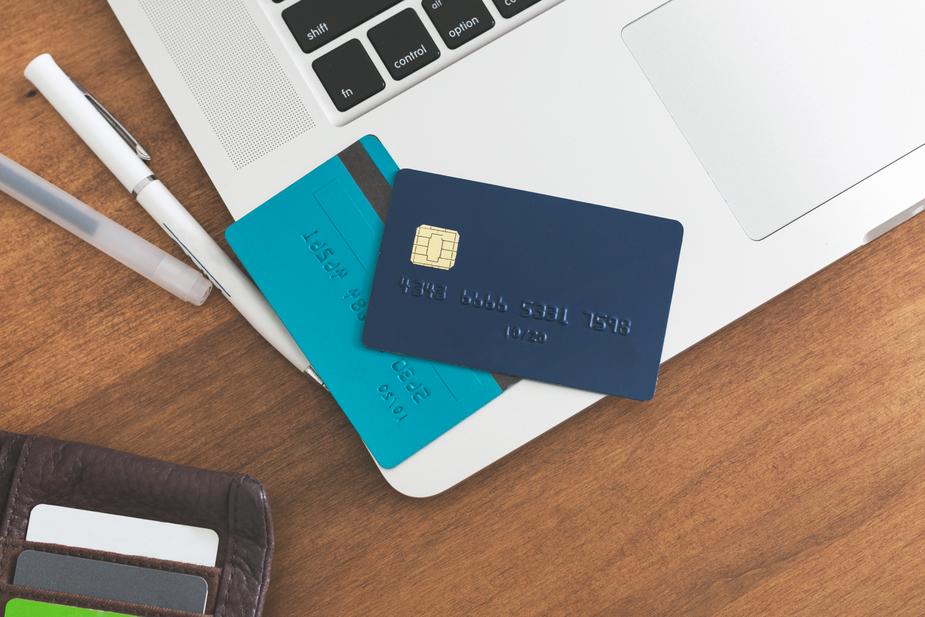The amount of credit card debt consumers owe in the country currently sits at more than $1 trillion. With the amount of debt being owed, it’s no surprise that U.S. consumers pay upwards of $100 billion each year to pay for interest and credit card fees, a new research has revealed.
According to survey, Americans have paid $104 billion in credit card interest and fees in 2018, which is up 11% from the previous year total of $93.7 billion and up 35% over the last five years.
The company also estimates that this figure will shoot up by 10% by next year to $110 billion due to four Federal Reserve rate hikes still coming this year. It added that credit card rates are the most easily-affected by these rate hikes, rising more than twice as fast as mortgage rates.
The Federal Reserve has already boosted rates by a quarter-point twice this year but policymakers have indicated that two more hikes are still on the way, with more gradual increases continuing into 2019.
While the current 2% increase does seem historically low, credit card interest rates are typically much higher than the federal rate, which average close to as much as 17% or higher, depending on the type of card you get and your credit score.
Getting Out of Debt
With debt figures at an all-time high and showing no signs of slowing down, it is highly likely that mismanaging your debt could lead to even more debt. If you are one of those that are having trouble with managing debt, then perhaps it’s time to get organized.
Co-founder of Magnify Money Nick Clements explains that when you come up with a plan to get out of debt, it has to be realistic, attainable, and should have a deadline. Not only that, you might need to address the reasons why you ended up in debt in the first place.
If you can qualify for zero- or low-interest balance transfer options, you should consider taking the offer. These offers typically come with introductory rates that last up to a year or more, giving you more time to pay for your balances without having to pay for interest. It begins to accrue interest after the introductory period. You should be careful not to use the available credit, however, to avoid ending up in a bigger debt hole.
Here are other ways you can get out of debt:
Getting Out of Debt: Debt Settlement
Getting Out of Debt: Debt Restructuring
Getting Out of Debt: Debt Consolidation

